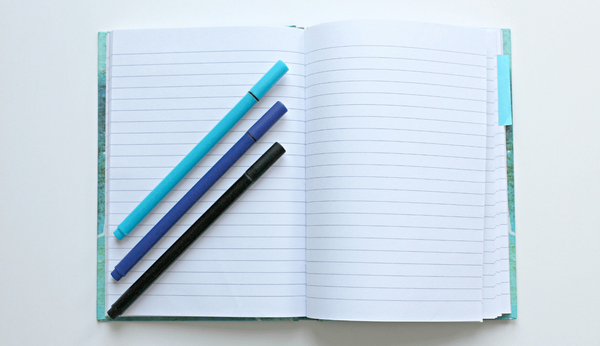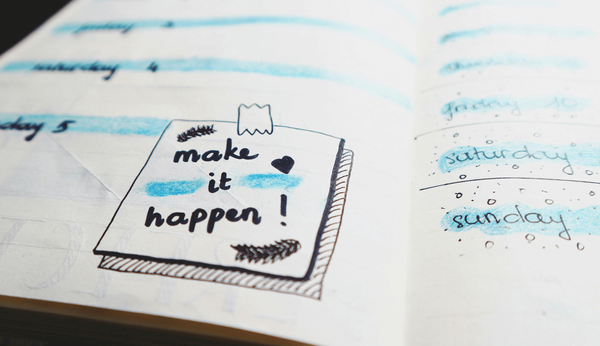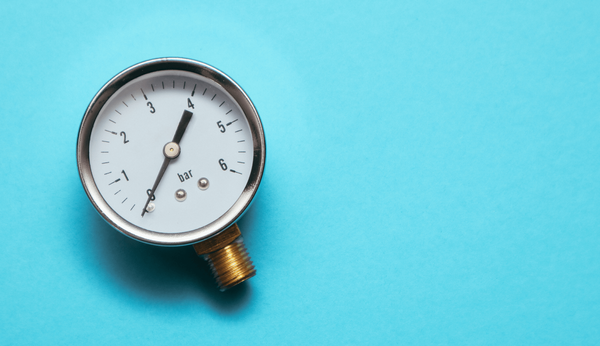Let's be real, who wants to save money for something that might never happen? It’s certainly much more exciting to invest money in something new and exciting, like NFTs or crypto. Or better yet, to live our best lives by buying what we want and going where we want, when we want.
But think of it this way - not having an emergency fund is basically like walking shirtless on a cold, mid-July, Winter’s day. It’s unpleasant. An emergency fund is like that boring old sweater you don’t wear for over six months, but you know you should keep around for wintery days. It’s a safety net when life throws you curveballs and is there to keep you warm and cozy when you lose your job, your car breaks down or the power surges (or dips) and destroys your appliances.
We’ve already seen many tech companies in the US, and recently in SA, laying off 1000s of workers at a time due to the post-Covid growth downturn, overhiring, rising interest rates, and persistent inflation - even though they’ve had impressive growth in the last 2 years. In our country, rolling blackouts are affecting several industries. Companies are facing difficult supply chain issues and operating at significantly reduced capacity. Some companies have already retrenched workers and some have temporarily closed their doors.
The truth is things are not looking good at all, and being financially vulnerable is simply not an option. We need to be prepared for anything, now more than ever. I have to acknowledge, starting an emergency fund now is more difficult than pre-Covid times. Everything (and I mean everything) is expensive - food, fuel, health care, education, etc… while salaries have stayed the same, if not decreased.
For most, it is unrealistic to save 20% unless you are able to significantly cut down costs, or generate more income. Franc has written many blog articles you can check out about cutting costs, budgeting and increasing savings, some of which you can check out here:
I wanted to cover something we haven’t covered before - when it is justified to use an emergency fund and when it makes sense to pay the debt instead of saving towards your emergency fund.
Justification of using an emergency fund.
Emergency funds should be used as a last resort after you’ve exhausted all other options. To determine whether you’ve exhausted all options, you can ask yourself the following questions:
- Is this expense urgent and important?
- Will I have to take out more money than I have in my day-to-day account to cover the expense?
- Is the money left over from my monthly budget too little to cover this emergency?
If you answered yes to all the above questions, you can hit that withdrawal button on your dashboard. Otherwise, not.
Paying debt vs saving in an emergency fund.
The simple answer to this question is that it depends. If you’ve got high debt at a high interest that’s crippling you, it’s probably best to allocate most of your extra cash to paying it off to ensure you can manage. However, if you’ve got zero alternate plans, it might still be a good idea to put aside some cash, even if it’s not a lot, towards your emergency fund savings. This could be the difference between borrowing more when faced with an emergency and further throwing yourself into a debt hole or getting by without hurting yourself too much.
It’s always better to be prepared than not prepared. An emergency fund is a vital tool for managing financial risks and ensuring financial stability in times of uncertainty. It is advisable to start an emergency fund as soon as possible and continuously work towards maintaining a healthy balance.










